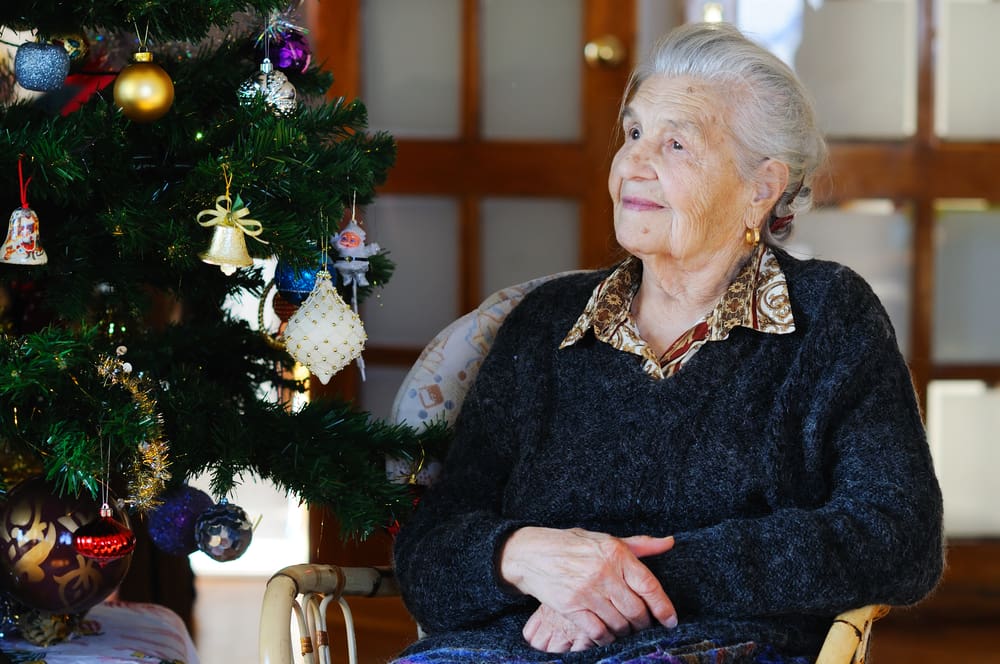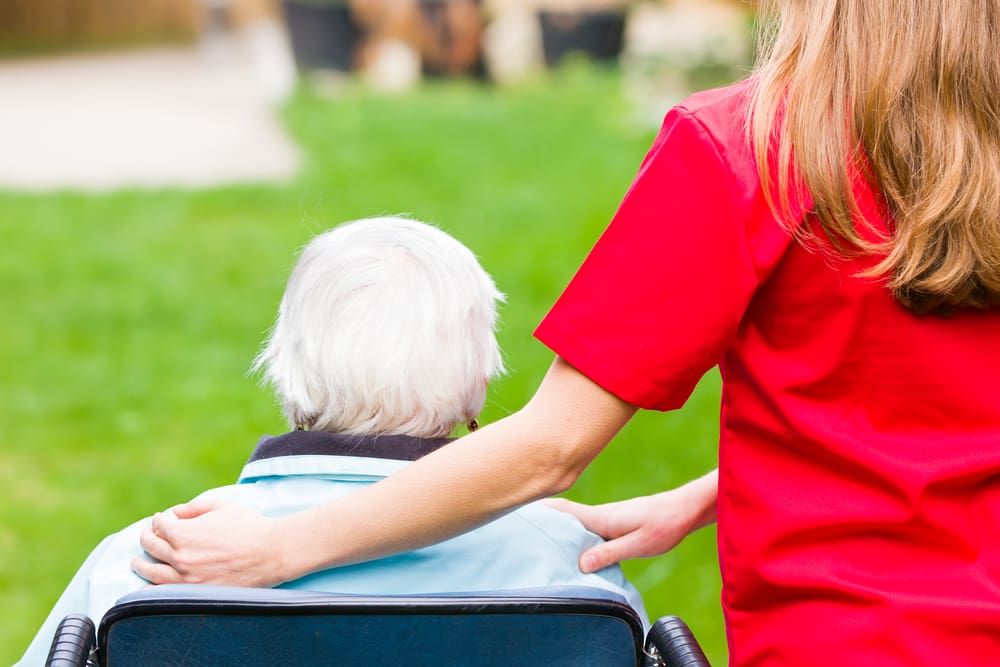Taking steps to reduce flu risk for elderly people is vitally important throughout winter; find out what you can do to help support your loved one.
Taking steps to reduce flu risk for elderly people is vitally important throughout the colder months.
Flu prevention measures can help protect thousands of older people from contracting the condition every winter. This helps them avoid the risks of the condition itself, as well as the stress associated with frequent medical appointments, or admission to hospital.
On a national scale, reducing flu contraction rates also assists the NHS in freeing up resources, ensuring local services remain more widely accessible for older people.
Of course, the most effective way to help reduce flu risk for elderly loved ones is to encourage them to get the annual flu vaccine available to all over 65s. However, there are also various secondary measures you can recommend to minimise their risk of contracting flu, or similar viral conditions.
Tips to reduce flu risk for elderly loved ones
These steps can all help to reduce flu risk for elderly people. Encourage your loved one to follow this guidance in order to help keep them healthy throughout the winter months:
1. Avoid confined spaces
Airborne germs and viruses can spread quickly in shared, confined spaces such as those found:
- On public transport
- In waiting rooms
- At social events
Many of these spaces are impossible to avoid, but try to reduce overall exposure to them as far as possible.
2. Wash hands regularly
Flu and other infectious conditions can easily be contracted from things we’ve touched.
Advise your loved one to wash their hands regularly each day, especially after going out and before eating. Also, encourage your loved one to avoid touching their face, as this is a common way of infection entering our systems.
3. Keep the home clean
The flu virus can survive on hard surfaces for up to 24 hours, as can many other related conditions.
As such, recommend that your loved one cleans surfaces – especially kitchen surfaces and others used regularly – on a frequent basis.
4. Maintain a healthy lifestyle
A healthy lifestyle can help strengthen your loved one’s immune system and boost their natural defences against infection.
Try to make sure they’re staying active on a daily basis, and participating in light exercise if they’re able to. Also, check that they’re consuming a healthy, balanced diet and staying suitably hydrated.
How live-in care helps older people minimise their flu risk
Choosing a live-in care provider when the time comes can help your loved one take all these steps, and enjoy the best possible quality of life all year round. Your loved one will get the support they need to:
- Stay on top of cleaning and other domestic tasks
- Keep physically and socially active while minimising risk of illness
- Attend medical appointments for vaccinations, or treatment when required
- Maintain a healthy diet and stay suitably hydrated
- Ensure personal hygiene is maintained to the highest possible standard
Help make sure your loved one gets the support and advice they need to minimise health risks by contacting the friendly team at The Good Care Group.



